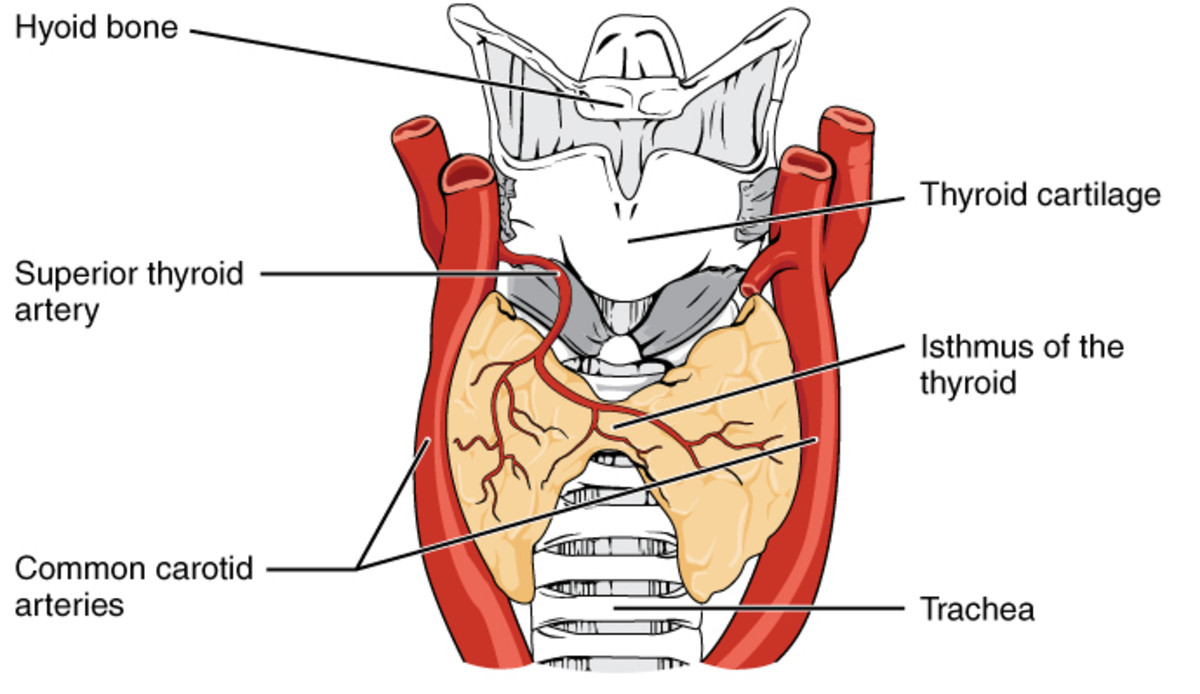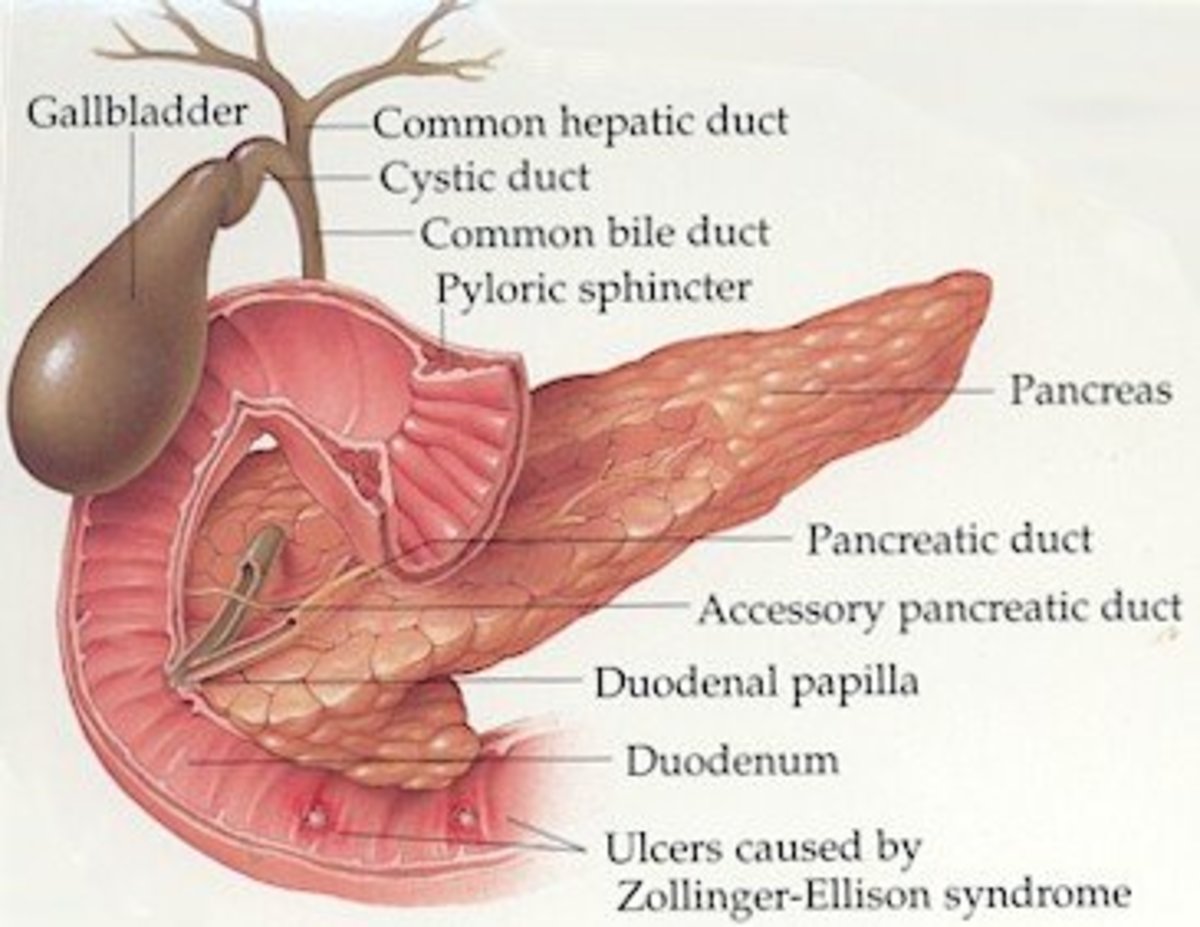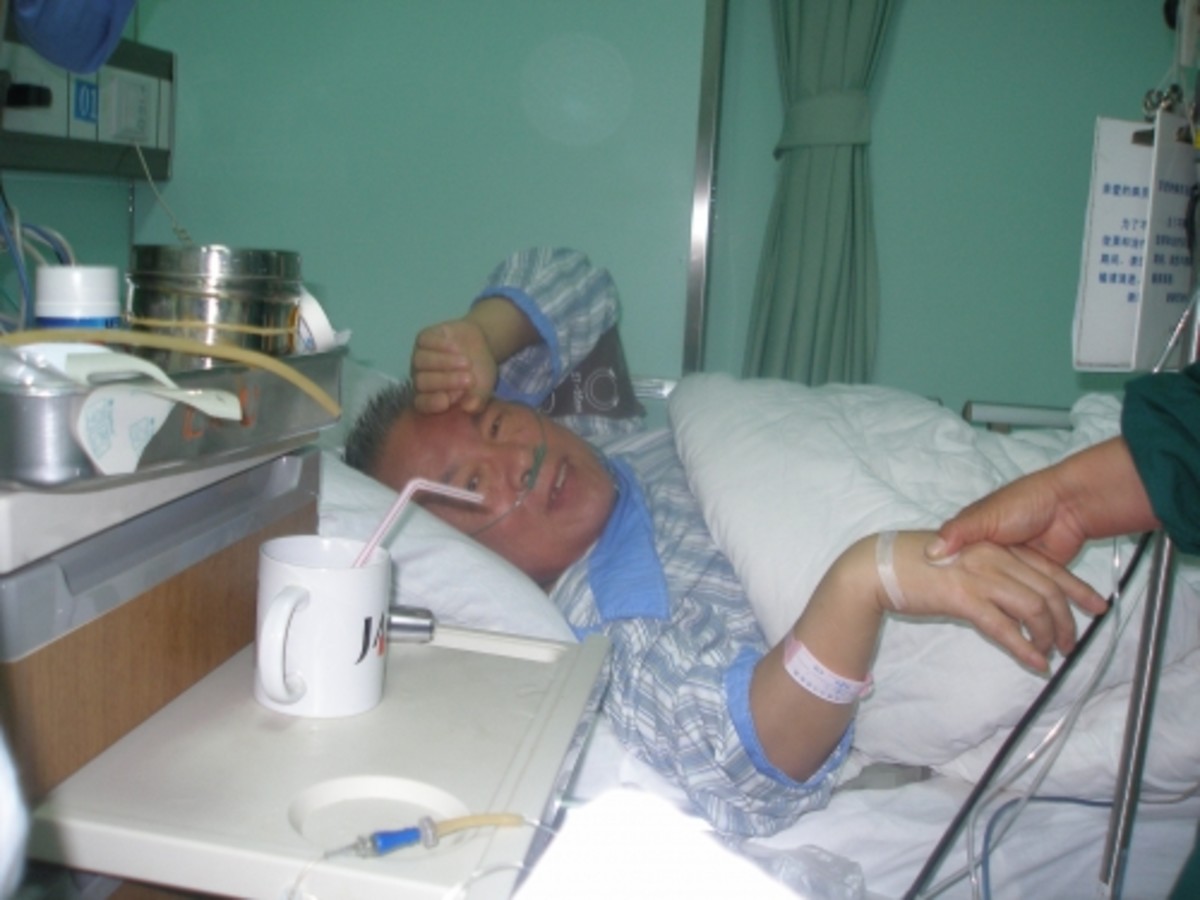Are Americans Being Over Diagnosed?
Don't Go Looking for Trouble
My late grandmother used to say, "Don't go looking for trouble." What she meant is that if you go to the doctor, when you're feeling well, and a lot of tests are run, something could turn up. In an instant, you can go from being healthy to being sick.
I do need to point out that my grandmother was extremely fortunate. She lived a long life, even though her diet wasn't perfect and she smoked cigarettes.
Am I suggesting you follow her lifestyle? Not at all. We all know cigarettes cause cancer. Also, I can't give medical advice because I'm not a doctor.
Many may assume my grandmother didn't know what she was talking about. After all, isn't early detection a good thing? If something is wrong, shouldn't we try to find out as soon as possible, in order to fix it?
Not necessarily, according to some doctors who believe Americans are now being over diagnosed and over treated at a level never before seen.
Too Many Pills for Too Many Ills?
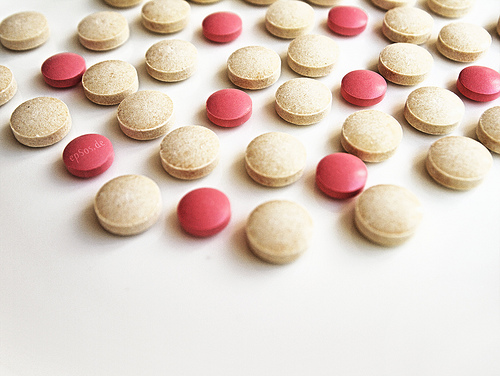
An "Epidemic" of Being Over Diagnosed
This has become a real problem for people living in the United States, especially if they have good health coverage, according to several respected medical experts who've studied this issue.
Dr. H. Gilbert Welch, MD, author of OverDiagnosed: Making People Sick in the Pursuit of Health, sums up the problem by calling it the "relentless pursuit of medicine" and "the epidemic of diagnosis."
Unfortunately, he notes, this trend can lead to treatments more devastating than the disease itself.
For example, mammography, with its ever-shifting guidelines, is a controversial procedure. While it may catch some early cancers, which may turn out to threaten a patient's life, there is also the danger of catching "malignancies" that will never grow. (The problem, though, is in knowing which abnormalities will progress.)
Left alone, abnormal cells may never cause problems. However, once they're found, this often sends a woman on a treacherous course. She may have disfiguring surgery. She may receive radiation and chemotherapy, both known to cause cancer. All of this is very stressful, to say the least. Would she be better off if she weren't diagnosed?
Americans and Prescription Drugs
Do You Think Pharmaceuticals are Over Prescribed in America?
OverDiagnosed Offers a Balanced Perspective
Granted Dr. Welch voices a controversial and minority opinion, at least compared to what is currently practiced. However, his book is also balanced in the sense that it doesn't say to stay away from doctors altogether.
He uses a poignant example of a man he's been treating for years. This patient first came to him with chest pains. It was discovered he had serious hypertension, which needed treatment. By addressing this condition, Dr. Welch notes, this man, who probably suffered a minor heart attack years ago, at the time of his initial complaint, has suffered no more incidents. Medical intervention, in this case, probably saved his life.
However, hypertension is also the first condition that doctors began addressing in the absence of symptoms. Now, medicating someone based on tests alone has become the norm.
Years ago, Dr. Welch explains, doctors only intervened when someone came to them with specific symptoms. Deviating from this, he says, has its risks.
Did You Know?
- American pharmaceutical firms sell $500 billion worth of drugs each year, according to Ray Moynihan and Arthur Cassels, authors of Selling Sickness: How the World's Biggest Pharmaceutical Firms are Turning Us All Into Patients.
- Many common conditions, such as attention deficit disorder, and premenstrual tension that needs treatment, were unheard of decades ago.
- One industry insider admitted that new diseases were being labeled, and old maladies redefined, in an effort to sell more drugs.
- Prescription drugs are now the fourth-leading cause of death in the United States.
Going to a Doctor When You are Well
Dr. Welch notes that an early diagnosis is not always a good thing, depending upon each individual case.
If someone is symptom free, he explains, a mainstream medical professional is unlikely to offer them anything to improve upon this state.
However, prescribing various drugs, which have side effects, or running a barrage of tests, may change the picture.
Real prevention, on the other hand, means leading a healthier lifestyle, such as not smoking, getting enough exercise and eating foods that don't promote disease, according to Dr. Welch.
Hypertension is a Common Diagnosis
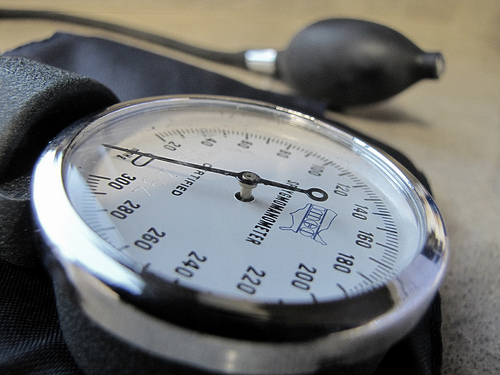
Scientist Talks about Over Medication
The Financial Reasons Behind Over Treatment
Ray Moynihan and Arthur Cassels, authors of Selling Sickness: How the World's Biggest Pharmaceutical Companies are Turning us all Into Patients," point out that drug companies are actually creating new disease labels in an effort to sell more drugs.
Consequently, perfectly normal conditions, such as menopause, are now seen as problems that must be dealt with on a pharmaceutical level.
They blame much of our current woes over the escalating cost of health care on this phenomenon. Doctors are now prescribing more drugs than ever, and people in the United States consume about half of all the pharmaceuticals produced in the world. This is despite the fact we only account for about 5 percent of the planet's population.
Researcher Raymond Francis, M.Sc., shown in the video above, discusses how prescription drugs, even if they're correctly prescribed, are a leading cause of death.
He also wrote a book, Never be Sick Again, in which he describes his near fatal experience with a pharmaceutical.
Is Money One Reason People are Over Diagnosed?
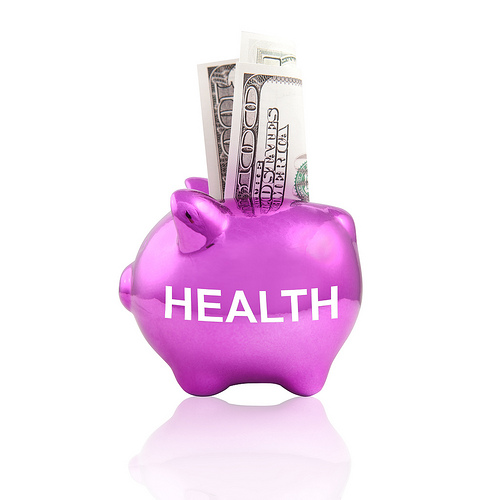
Medical Care Driven by Big Business
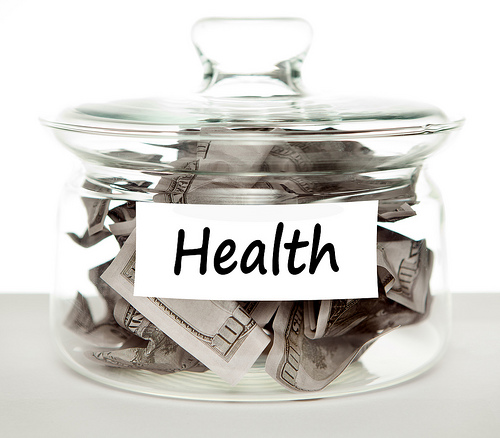
A Problem that's Scandalous
The authors of Selling Sickness point out that there's an unhealthy alliance between the pharmaceutical firms, advertising agencies and the physicians who prescribe the various drugs. They believe this is a "scandalous" situation that causes people to mistrust their doctors, as well as the entire medical-industrial complex.
Interviewed for their book was a Madison Avenue advertising executive who was forthright in how his various campaigns target the general public. Amazingly, he admitted that he tried to invent new diseases and conditions to increase pharmaceutical profits.
He notes that sometimes this involves redefining a previously existing malady. Other times it may be that a "new" condition is named, such as "attention deficit disorder."
Unfortunately, every drug has side effects, and the end result may be serious injury and even death.
In this new world, where healthy people are sometimes being made sick, Moynihan and Cassells point out that hormone therapy for menopausal women is now known to increase the risk of heart attacks and anti depressants may make someone who never contemplated killing themselves to become suicidal.
Cholesterol-lowering drugs marketed to otherwise healthy people is something also fraught with disaster. One of these prescriptions, no longer available, actually led to a number of deaths before it was taken off the shelves.
Disclaimer
These statements have not been evaluated by the Food and Drug Administration (FDA). These products are not meant to diagnose‚ treat or cure any disease or medical condition.
This article is not intended as medical advice, or diagnosis, and is only presented for information and discussion purposes. People with health concerns should discuss them with a physician. The author does not accept any responsibility for treatment decisions or outcome.
Disclosure
I am a participant in the Amazon Services LLC Associates Program, an affiliate advertising program designed to provide a means for sites to earn advertising fees by advertising and linking to amazon.com.



